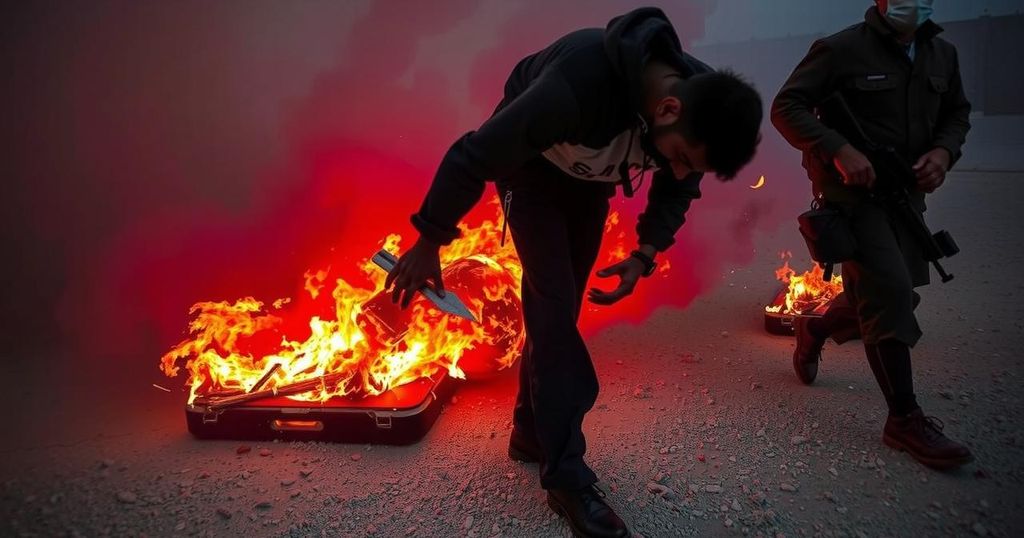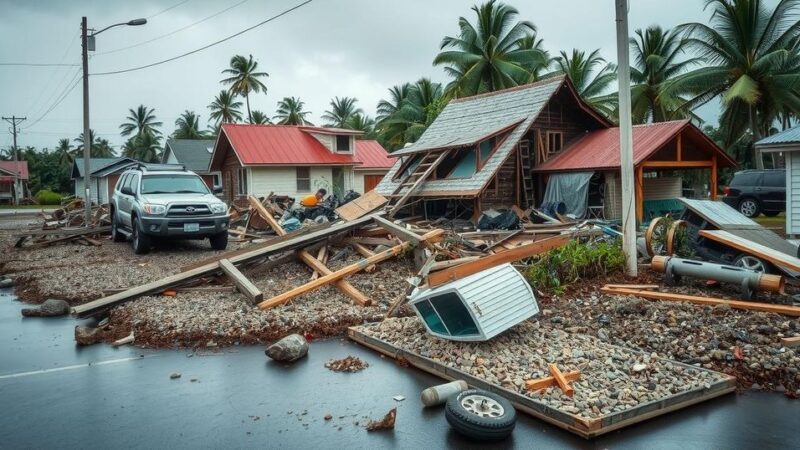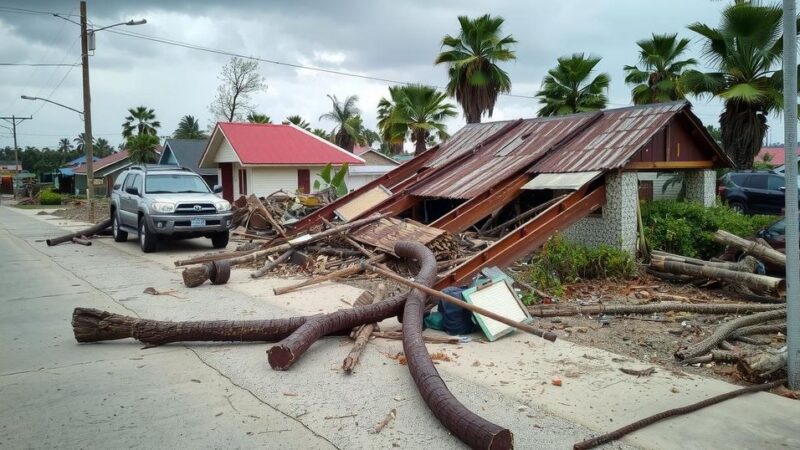As Syria faces a coup and potential destabilization, Iran is forced to implement damage control measures to prevent civil unrest. The Iranian leadership has suspended a controversial “hijab and chastity” bill, recognizing the need to maintain societal unity in light of heightened tensions. This situation highlights the connection between external conflicts and internal stability in Iran.
In the wake of escalating tensions in Syria, particularly following the coup that threatens Hezbollah’s reconstruction efforts, Iran is undertaking measures aimed at damage control. Amidst concerns regarding civil unrest and its implications for national security, Iranian authorities have temporarily suspended a stringent “hijab and chastity” bill that was scheduled to take effect. This strategic pause reflects an awareness of the need to maintain societal unity, given the potential backlash such legislation could provoke among the populace.
Iran’s precarious position demands a careful balancing act as it seeks to mitigate the regional ripple effects of the Syrian situation. The suspension of the aforementioned bill is indicative of a broader trend within the Iranian government, acknowledging internal dissent and the delicate state of public sentiment. President Masoud Pezeshkian expressed apprehension regarding actions that could exacerbate divisions within society, emphasizing the necessity of protecting national cohesion during these tumultuous times.
With Iran’s nuclear facilities at stake and the risk of unrest lingering in the air, officials are prioritizing stability and solidarity over stringent enforcement of controversial laws. Reactions to the Syrian dynamic have prompted a reevaluation of policies that could provoke further discontent. The current political landscape illustrates how external conflicts can catalyze internal reflections, compelling a government to reconsider its strategies for both governance and public engagement.
Iran’s geopolitical landscape has been profoundly influenced by developments in neighboring Syria. The recent coup in Syria represents a significant disruption that threatens to undermine Iran’s ally, Hezbollah, which is crucial for Iranian interests in the region. As Iran navigates these challenges, the imperative to safeguard its national security becomes paramount. The government’s response to potential unrest reflects its awareness of the interconnectedness between regional instability and domestic pressures. Furthermore, the pushback against the “hijab and chastity” bill highlights the complex nature of governance in a society sensitive to coercive laws amidst anxiety over external threats.
In summary, Iran is responding to the repercussions of the Syrian coup with a noteworthy strategy of damage control aimed at averting civil unrest. The temporary suspension of the “hijab and chastity” bill serves as a testament to the Iranian leadership’s recognition of the importance of societal unity. As they confront external challenges, Iranian authorities are making critical decisions that reflect an understanding of internal dynamics. This balancing act is vital for maintaining stability amid a rapidly changing regional environment.
Original Source: www.haaretz.com





